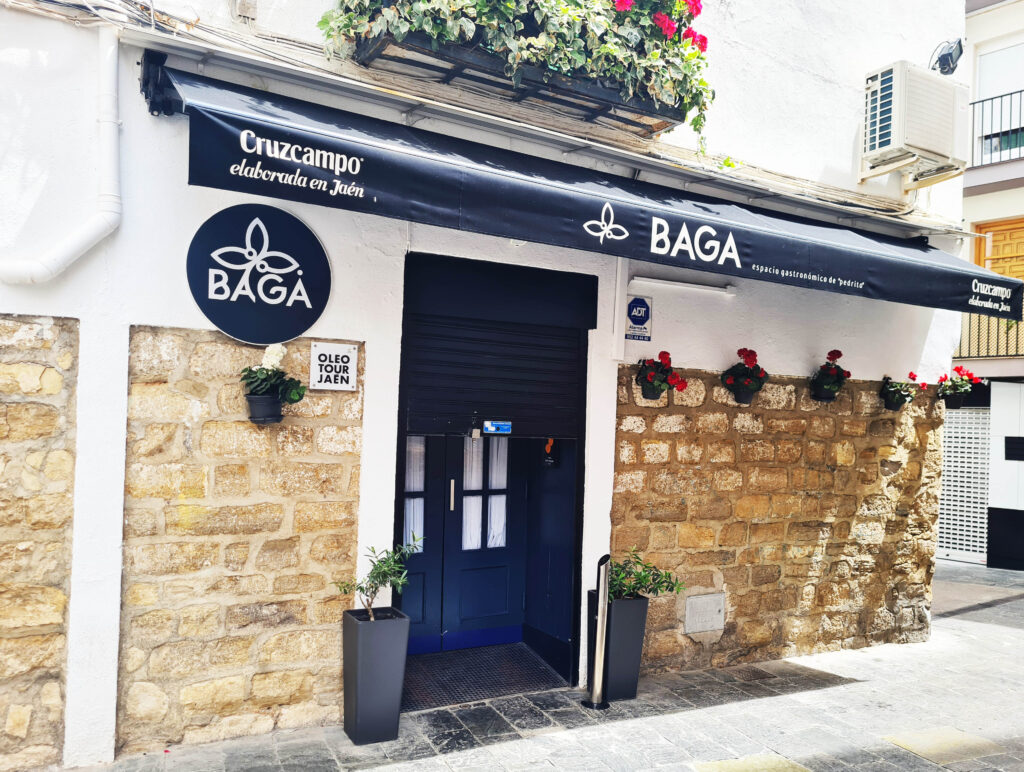Elena Fernandez
LiveWell for LIFE , a WWF and Friends of Europe project, has released a milestone report: Adopting Healthy, Sustainable Diets: Key opportunities and barriers, a three-year project closely examining the relationship between food, health and the environment, This study, a continuation of the research the Rowett Institute did with WWF-UK in 2010-11, has identified some of the most important factors that explain why governments are not supporting sustainable diets, why food companies are discouraged from promoting them and why consumers are slow to adopt them.
Tony Long, director office, thinks that “many consumers, businesses and governments have a rather odd relationship with our food system which can be summed up as out of sight, out of mind”. People, and society as a whole, often prefer to ignore the impact that our consumption is having on the environment and our health”.
But, why is the way we eat so important? Today the average European consumes almost 3,500 calories a day, 25% more than the daily recommended level and eats approximately 70% more protein, mostly animal, than recommended. I have the feeling that these figures are not more optimistic in the US.
“Obesity in Europe is at an all-time high and rising, causing heart diseases, strokes, diabetes and 10-13% of all deaths, according to the World Health Organization (WHO). It has become one of the biggest health challenges of our time, costing our governments billions of euros in health bills,” explains Long.
But WWF´s report shows a new point of view to the debate. The way we eat doesn’t only affect our health; it affects our environment as well. One of the clearest impacts of our food addiction is the destruction of forested areas for agricultural produce.
This puts a heavy toll on our global CO2 output. Between 1990 and 2008 Europe imported and consumed about 9 million hectares of newly deforested land, roughly three times the size of Belgium, and all this despite the fact that we throw away over one-third of the food we produce.
The good news highlighted by the report is that policy makers are starting to wake up to the idea of supporting sustainable diets. This is partly because old taboos warning politicians against interfering in what people should eat or drink, a taboo reinforced by the agri-foods industry, are breaking down in the face of rapidly mounting health costs.
Business and industry need to accept its role and its responsibility in developing sustainable diets. Not only do they have a duty to offer sustainable products to consumers but they also need to use their marketing might to create a market for such products.
The report concludes that the final consumer has a great responsibility in his food choices too. All studies and surveys show a big gap between what people feel and say, and what they do related to Healthy food choices.






0 Comments